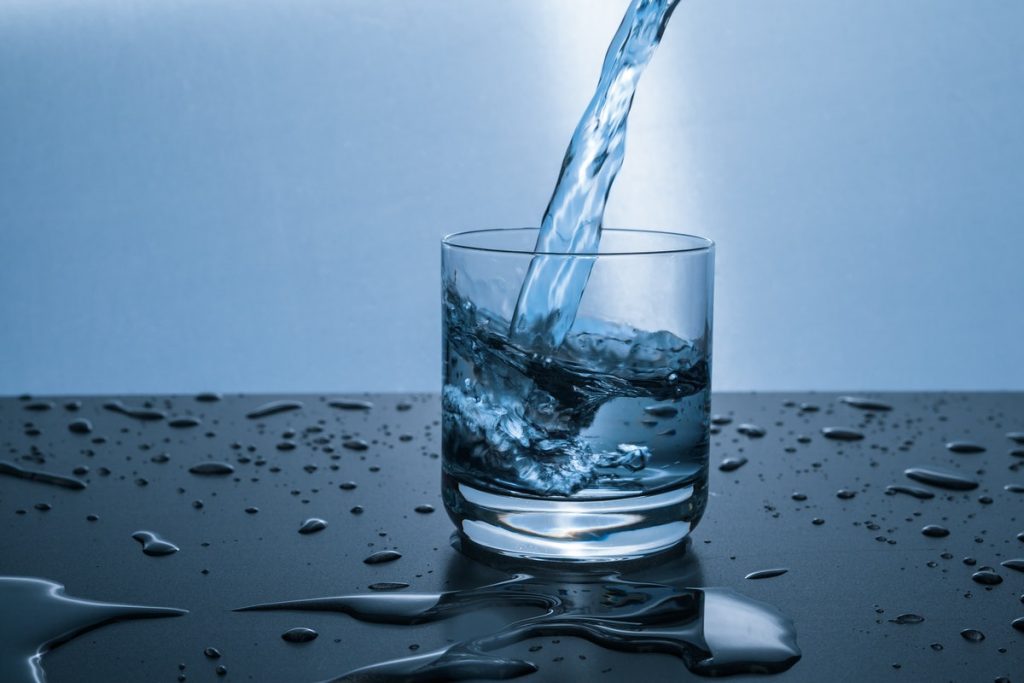You might not think twice about the water you drink daily. After all, it’s just water, right? Wrong. The quality of your water plays a big role in your overall health. In fact, drinking low-quality water can put you at risk for a variety of health problems. Here are some serious health risks of drinking low-quality water:
Kidney stones
If you drink low-quality water, you may be at risk for developing kidney stones. Kidney stones are hard deposits that form in the kidneys when certain substances become concentrated in the urine. While most kidney stones are small and cause no symptoms, larger stones can block the urinary tract and cause pain, infection, and other problems. Low-quality water is more likely to contain high levels of minerals and other substances that can lead to kidney stones.
Gastrointestinal problems
Drinking water of low quality can also lead to gastrointestinal problems like nausea, vomiting, and diarrhea. The contaminants in low-quality water can come from various sources, including agricultural runoff, sewage, and industrial waste. These contaminants can contain harmful bacteria and viruses that can make you sick.
Brain swelling
Low-quality drinking water can lead to brain swelling. This occurs when the body’s fluids become imbalanced, and the brain tissue begins to swell. In severe cases, this can lead to coma or even death. Brain swelling is often caused by dehydration, but it can also be triggered by consuming water that contains harmful toxins or chemicals.

Tooth loss
Drinking water low in neurotoxicants has been linked to an increased risk of tooth loss. Neurotoxicants are chemicals that damage the nerves. They can be found in naturally occurring water sources and treated tap water. When these chemicals build up in the body, they can cause several health problems, including tooth loss. In addition, drinking water that is high in fluoride can also lead to tooth loss. Fluoride is a mineral added to many public water supplies to promote dental health. However, if you consume too much fluoride, it can actually have the opposite effect and damage your teeth.
If you already have tooth loss because of this, consider seeking replacement tooth solutions such as dentures. These are dental prosthetics that replace one or more teeth. They are typically made out of plastic, porcelain, or metal and are supported by gum tissue. Dentures can be partial or full and can be removable or fixed. By getting dentures, you can restore your smile and improve the function of your teeth. Just remember to drink only good quality water after you get them.
Heart disease
Drinking water that contains high levels of certain pollutants can increase your risk of developing heart disease. For example, studies have shown that exposure to lead can contribute to high blood pressure, a major risk factor for heart disease. In addition, drinking water contaminated with nitrates has been linked to an increased risk of heart attacks. While the effects of low-quality water may not be immediately apparent, it is important to be aware of the potential long-term health risks.
Cancer
The water you drink could be putting you at risk for cancer. Studies have shown that drinking water with high levels of certain contaminants can increase your chances of developing cancer. In particular, exposure to chloroform and other disinfection byproducts has been linked to an increased risk of liver, kidney, and bladder cancer. Additionally, drinking water that contains arsenic has been linked to an increased risk of skin cancer.
How can you check the quality of your water?
It is important to be aware of the potential risks associated with drinking low-quality water. One way to ensure that the water you are consuming is safe is to have it tested. Your local government or water provider can often provide information on where and how to have your water tested for contaminants. In addition, there are at-home testing kits available for purchase. Investing in a water filtration system, such as a reverse osmosis system or activated carbon filter, is also a good idea to remove potential contaminants from your drinking water.
Overall, it is important to be aware of the potential risks of drinking low-quality water and take steps to ensure that the water you consume is safe. Regularly testing and filtering your water can help protect your health and prevent long-term health problems.
Once again, drinking low-quality water can cause kidney stones, gastrointestinal problems, brain swelling, tooth loss, heart disease, and cancer. Now that you know the risks of drinking low-quality water, it’s time to take action! Be sure to drink only high-quality, filtered, or bottled water from trusted sources. Your body will thank you for it.






